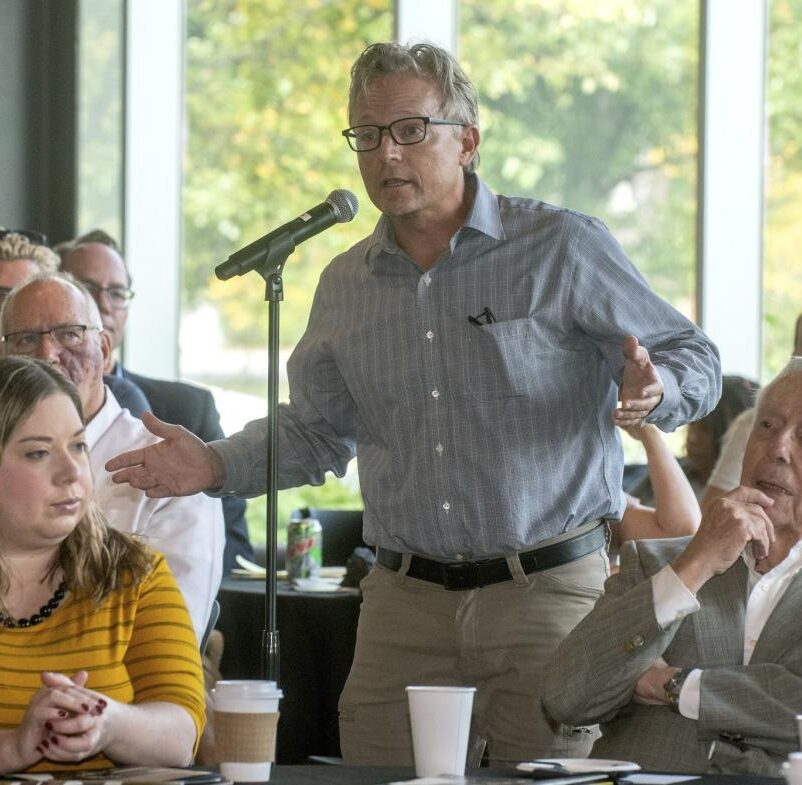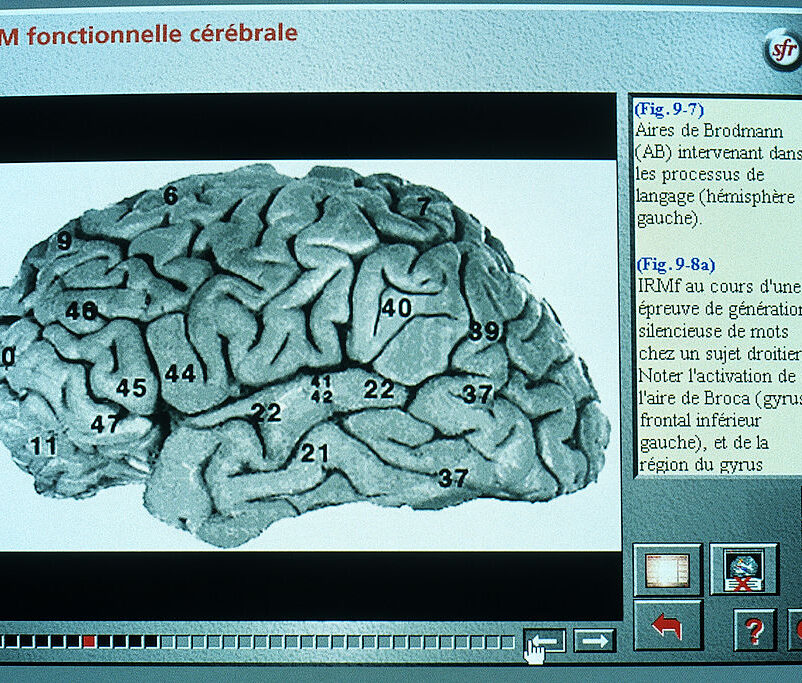
For most people, the impact of the dual SAG-AFTRA and WGA strikes has yet to be felt.
Television programs and movies continue to roll out though production on most new scripted programming from Hollywood has come to a grinding halt.
“The industry saw the strike coming and put a lot of stuff in the can,” Jesse Harper of Center Township in Porter County said. Movie-goers and TV watchers should not notice the impact of the strike for about two or three months.
Harper has been a member of SAG-AFTRA for 30 years and serves on the Chicago board of the guild as a representative of Indiana. He also serves as Center Township Trustee. He said there was a lot of production recently happening in Chicago that has ceased.
“Auditions obviously have slowed down,” Harper said. Shows that shoot in Chicago such as “Chicago Fire”, “Chicago PD” and “The Bear” are on their usual summer hiatus. Feature films, unless granted a waiver, are not shooting. But the strike has not yet affected commercial contracts or theater contracts.
“Obviously I support the strike whole heartedly. The industry has changed so much so fast. The compensation for the talent, the actors, hasn’t kept up,” Harper said.
Erin Sweitzer, vice president of strategic communications for the Indiana Economic Development Corp., which oversees the Indiana Film Office, said she can’t speak to how other states, specifically those that are not right-to-work states, are being impacted by the strike, “but Indiana continues to receive significant interest from people wanting to film and create other forms of media in Indiana.”
She would not elaborate on what types of films or media are considering the state.
“We aren’t aware of any projects being delayed, and the interest we are seeing covers a variety of project types,” Sweitzer said.
Commercial contracts and theater contracts, along with other non-scripted projects, are not affected by the strike.
Screenwriter, playwright and actor James Henry, resident playwright at the Chicago Street Theater in Valparaiso, said while he personally has not been impacted by the dual strikes, many in his circle — including his son who is a production manager — have.
“He was supposed to leave for a film about two weeks ago,” Henry said. His sister is a WGA member.
“As a writer, even or theater, I really empathize with the issues around AI,” Henry said.
Human writers are the artistic voice in projects, he said.
“Without that I think we will severely lose quality. Things will be formulated. The people who program the AI will inform the writing,” Henry said. “There is no diversity of thought.”
Studios already push people to be formulaic as writers, he continued.
“When somebody breaks the mold and does something exciting and new, they then want you to copy that person,” he said.
AI is a dangerous thing from the writers’ standpoint. Actors’ images and voices have always been something to be protected.
“You can’t use their image or voice without paying them. Seeing that, I don’t know how this is going to be resolved,” Henry said.
“On stage in the live theater, the writer is very respected. TV and film is much less so. If they can save money be not having the meat — that’s what they call the writers — around, they are going to do it,” Henry said.
Harper said he believes SAG-AFTRA and WGA are at the tip of the spear when it comes to the impact on their members when it comes to the development of artificial intelligence.
“For me personally, the most important aspect of this strike are the questions involving AI,” Harper said. “AI has the potential in a very, very short period of time — two to three years — to totally decimate these industries. It’s not just our industry.”
It is estimated the way AI is developing within two or three years the technology will be able to create actors who are indiscernible from the real actor, a living breathing human being, he added.
One of the things producers put forward was having the ability to take an image of a background artist, save it and use it in perpetuity in any format and any program they want.
“This one person, who for one day of work is paid $180 to $200, maybe will never work again. They will have his or her image to use in any manner they see fit,” Harper said.
Harper worked on NBC’s “Chicago Fire” last year. At the time the day rate for eight hours was $1,200. The actor’s bread and butter, he said, is the residuals. Actors like himself can go shoot three or four episodes as a day player or guest start, get paid for the day of work and also get the residuals from syndication.
“With streaming it’s a lot different. Also, the manner in which they produce and shoot the programs has changed,” he said.
A typical season for a network-scripted television series such as “Seinfeld” and “Friends” once numbered more than 20 episodes. Now seasons often run as few as eight to 12 episodes.
“The industry has changed so dramatically. I can see it taking a while to come to some resolution.” Harper said.



